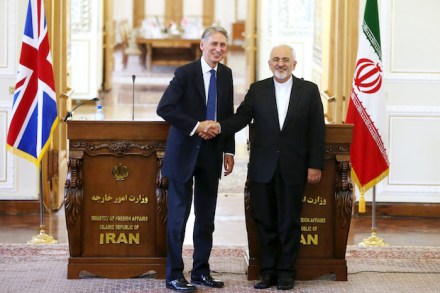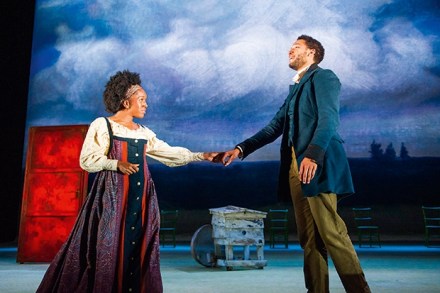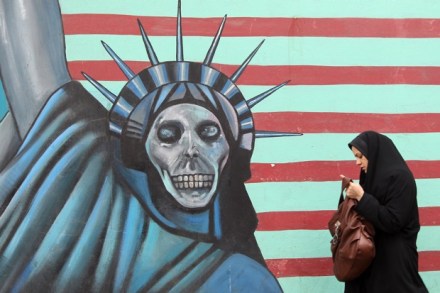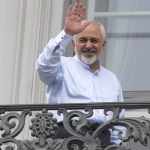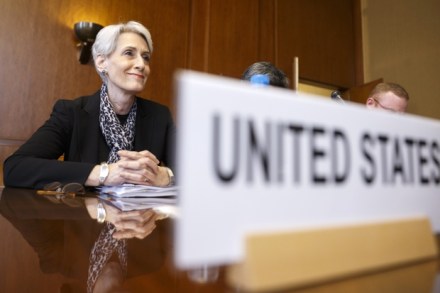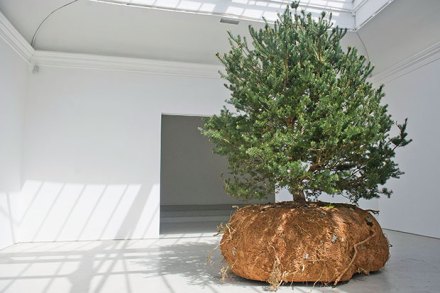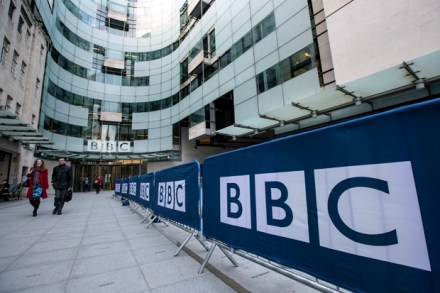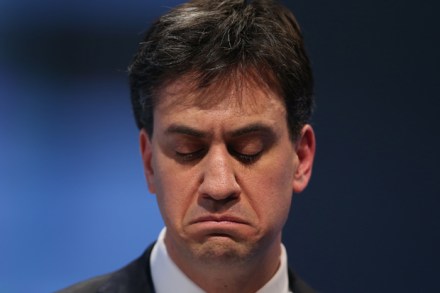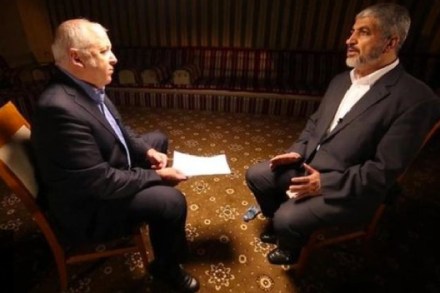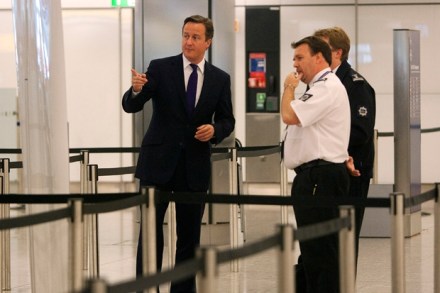Martian moves
Every August when London dims, Edinburgh calls, promising nothing less than ‘the greats of the arts’ at the International Festival. As if this beautiful, haunting city wasn’t enough enticement, I always pack high expectations for the EdFest, which in the past has delivered some staggeringly good international dance events that commercially biased London could not entertain. Though in recent years things have gone off a bit, this year the ‘great’ box was ticked several times. Israel Galván’s mesmerisingly extraterrestrial flamenco dancing has been seen in London before. But this 110-minute fantasy on the fate of gipsies under Hitler, Lo Real (The Real), built the explosive bebop of his dancing into



